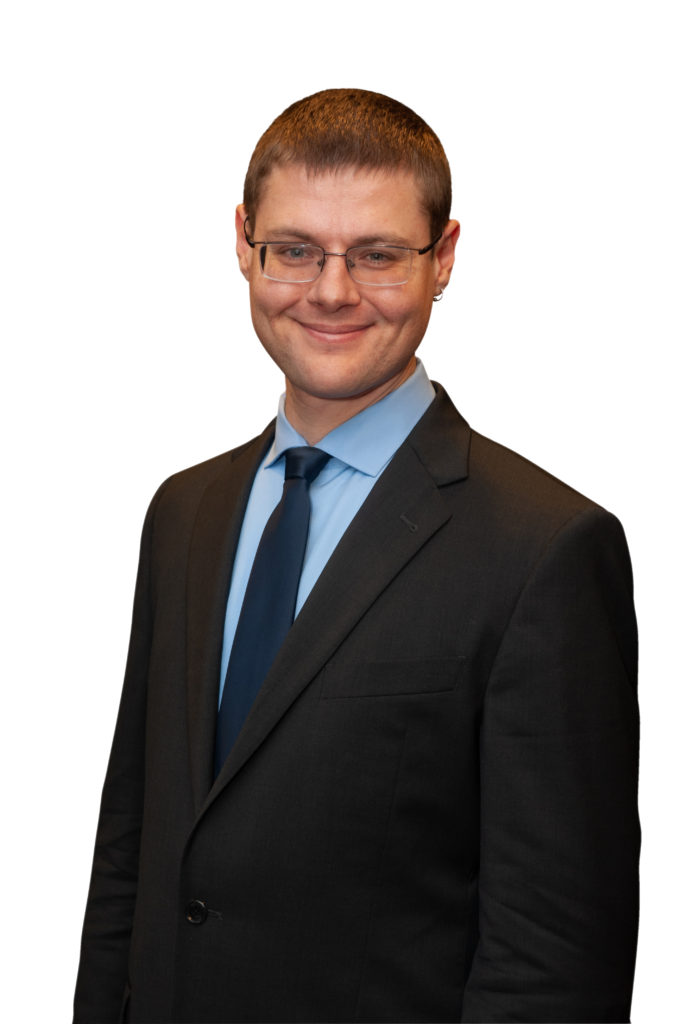
In the dynamic landscape of modern work, the debate over remote versus in-office work remains at the forefront. Amidst the diverse opinions and strategies, one principle stands out: managing to output. This approach focuses on the results rather than the hours clocked in, a concept that resonates deeply with Jacky Turnbull, former Chief People Officer at Topia, a platform aiding companies in deploying and managing their global workforce. In a recent interview with me, Turnbull shared her insights on why flexibility is crucial and how companies can effectively manage remote teams by focusing on output rather than presence.
Flexibility as a Talent Magnet
The pandemic has irrevocably altered the work environment, giving employees a taste of flexibility. This shift has created a significant expectation among workers for continued flexibility. Turnbull highlights, “Flexibility is a key talent retention and attraction driver. By not offering this, companies risk increased turnover, which is challenging in today’s market.”
Supporting this view, recent studies reveal that nearly 70% of workers plan to leave their jobs if they lack flexible work options. The high cost of turnover underscores the need for flexibility, not only to retain talent but also to attract a diverse workforce. Flexibility broadens the talent pool, enhancing opportunities to hire diverse talent—a critical advantage in today’s competitive job market.
Bridging the Gap: Managers and Flexibility
The transition to hybrid and remote work often reveals a tension between managers, who may prefer in-office work, and employees who seek flexibility. Turnbull emphasizes the importance of educating and training managers about the benefits of remote work. “It’s crucial to start with why—why we’re doing what we’re doing. This involves addressing turnover, retention, and diversity.”
Understanding the underlying concerns of managers is essential. Are they worried about productivity or the need for in-person interaction? By identifying these concerns, companies can find solutions beyond merely requiring office presence. “It’s about managing to impact and output rather than managing to hours worked,” Turnbull asserts.
Measuring Productivity: The OKR Approach
Concerns about productivity are common among managers transitioning to remote work. Turnbull advocates for a results-oriented approach using Objectives and Key Results (OKRs). At Topia, they set quarterly OKRs to align team efforts with business goals. “If at the end of the quarter those objectives are not met, that’s your productivity conversation,” she explains. This shifts the focus from where the work is done to what work is being accomplished.
Weekly performance discussions can further support this approach, providing a more granular look at progress and addressing potential issues promptly. This method ensures continuous alignment with goals without falling into micromanagement. However, Turnbull notes the importance of tailoring this approach to individual roles and industries.
One challenge in remote work is the perceived difficulty in managing remote teams. Managers accustomed to in-person supervision may struggle with coordinating remote workers. Turnbull acknowledges this issue but points to the importance of trust and communication. “It’s about setting expectations and communicating clearly,” she says. By fostering open lines of communication and demonstrating trust, managers can effectively coordinate remote teams.
Combating Burnout
Remote work can blur the lines between personal and professional life, potentially leading to burnout. Turnbull recognizes this duality, noting that remote work can both contribute to and alleviate burnout. The key lies in flexibility and technology. Companies that invest in these areas can help employees manage their workloads better and maintain a healthy work-life balance.
Setting clear expectations about work hours and responsiveness is crucial. Policies such as not responding to emails outside of work hours and establishing core working hours for prompt responses can help mitigate the pressure to be constantly connected. Turnbull shares, “At Topia, we’ve introduced internal Zoom-free Fridays to give people a chance to have their video off and not feel like they have to be on.”
Conclusion
As the pendulum shifts towards employer mandates, Turnbull hopes for a balanced approach that prioritizes employee experience. “Top talent will demand flexibility, and companies will need to adapt,” she asserts. The future of work will likely be a blend of remote and in-office work, where flexibility and results-oriented management play central roles.
In a world where remote work is becoming the norm, managing to output rather than hours worked is a powerful strategy, which is what I help client companies implement when advising them on overcoming the frustrations of hybrid work. Jacky Turnbull’s insights highlight the importance of flexibility, effective communication, and clear expectations in creating a productive and engaged workforce. By focusing on results and supporting employees with the right tools and policies, companies can navigate the challenges of hybrid work and thrive in the evolving landscape.
Key Take-Away
Managing remote teams effectively means focusing on their results, not just the time they spend working. This shift to outcome-based management can drive productivity and engagement….>Click to tweet
Image credit: The Coach Space/pexels
Dr. Gleb Tsipursky was named “Office Whisperer” by The New York Times for helping leaders overcome frustrations with hybrid work and Generative AI. He serves as the CEO of the future-of-work consultancy Disaster Avoidance Experts. Dr. Gleb wrote seven best-selling books, and his two most recent ones are Returning to the Office and Leading Hybrid and Remote Teams and ChatGPT for Thought Leaders and Content Creators: Unlocking the Potential of Generative AI for Innovative and Effective Content Creation. His cutting-edge thought leadership was featured in over 650 articles and 550 interviews in Harvard Business Review, Inc. Magazine, USA Today, CBS News, Fox News, Time, Business Insider, Fortune, The New York Times, and elsewhere. His writing was translated into Chinese, Spanish, Russian, Polish, Korean, French, Vietnamese, German, and other languages. His expertise comes from over 20 years of consulting, coaching, and speaking and training for Fortune 500 companies from Aflac to Xerox. It also comes from over 15 years in academia as a behavioral scientist, with 8 years as a lecturer at UNC-Chapel Hill and 7 years as a professor at Ohio State. A proud Ukrainian American, Dr. Gleb lives in Columbus, Ohio.














